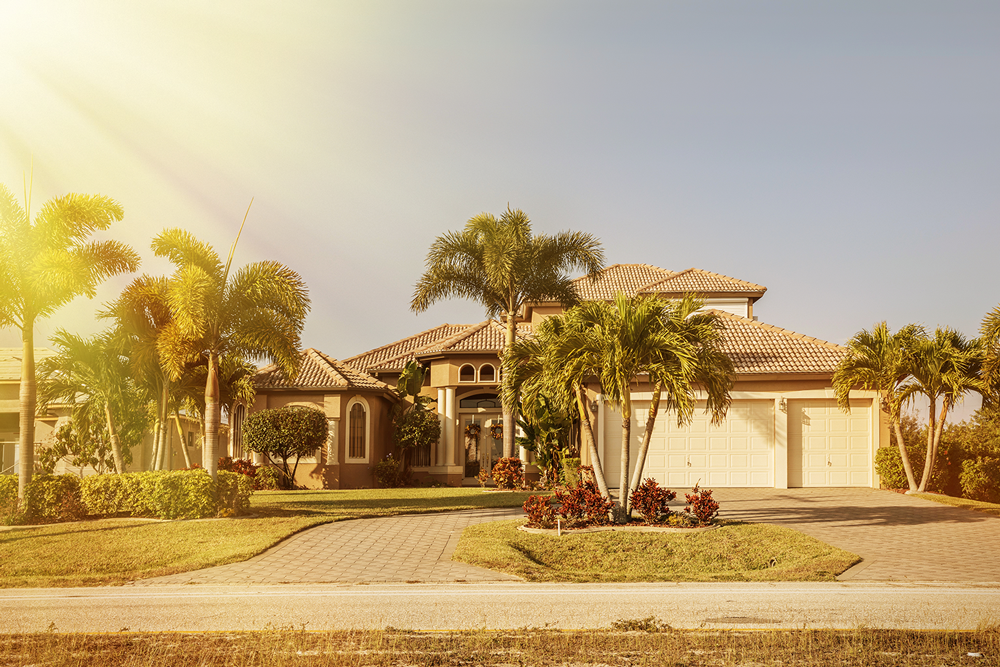Make a Plan
Before you bust out the power tools you’ll need to pick up a pen and paper. Coming up with a plan is an important first step when working to increase the value of your home. Sit down and have a brainstorming session. You should think about how long you plan on staying in the house and create a list of all the things you want to change, big and small. Once you’ve written down all your project ideas, start to make notes about how much time each project would take and how much each project would cost. Now you can create a plan, making sure to prioritize the ‘must do’ projects.
When you begin your renovations, you should make a point to only do one project at a time. Focusing all your energy into one project at a time will help you complete each task more efficiently and keep you from feeling spread too thin.
Upgrade the Kitchen
A modern, open kitchen is at the top of most homebuyer’s lists, so it should be no surprise that kitchen renovations usually yield the highest return on investment. Upgrading your appliances to a matching stainless-steel set is a quick and easy way to refresh your kitchen and boost your home’s value. Adding in new back splash or painting your existing cabinets are other small projects that pack a big punch.
Add Curb Appeal
Before potential buyers get to see the inside of your house, they’re going to see the outside. This seems like an obvious statement, but many homeowners forget about the importance of their home’s exterior. Painting a bright accent color on your front door is a simple change that will help your home stand out. Adding solar powered lanterns to enhance a walkway or putting up new, modern house numbers are great ways to revive your home’s exterior. Planting native trees, shrubs and perineal flowers will also help to beautify your home. Make sure to research the amount of maintenance each plant requires before deciding whether you want to commit to planting it in your yard – if you aren’t going to be able to care for the plants then they’ll just end up detracting from your home’s value instead of adding to it.
Lower Your Home’s Energy Costs
Optimizing your home’s energy efficiency is not only a big selling point, it also helps you save on your monthly electric bill. Adding Energy Star certified high-efficiency windows will help prevent heat gain and loss and can lower your energy bill by 7 to 15 percent. Replacing your existing light bulbs with LED lights will help to maximize your home’s energy efficiency.
If you’re thinking about making changes to your home, the Remodeling magazine annual Cost vs Value report offers data on cost of a project versus its impact on your home’s resale value and even calculates percentage cost recouped. This handy report has data that can be viewed on a national basis or narrowed down to specific regional areas.


Recent Comments